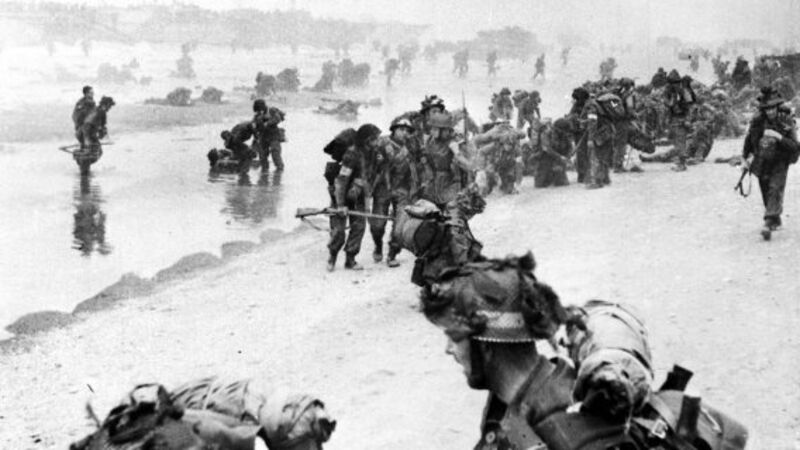Remembering D-Day - Our chance to live a good life

Years of planning, unwavering moral and personal courage, culminated in what were the opening scenes of the final destruction of the greatest evil seen in the world in the last century or, quiet possibly, any century. Europe was about to escape from Nazi Germany’s reign of terror, a deep, unfathomable violence and evil all but incomprehensible to those who did not experience it.
World War II was not won on D-Day — that victory was secured by the Russians in the East, but at a cost of tens of millions of lives — but the successful invasion made the Allies’ victory certain and brought it forward by some years.














